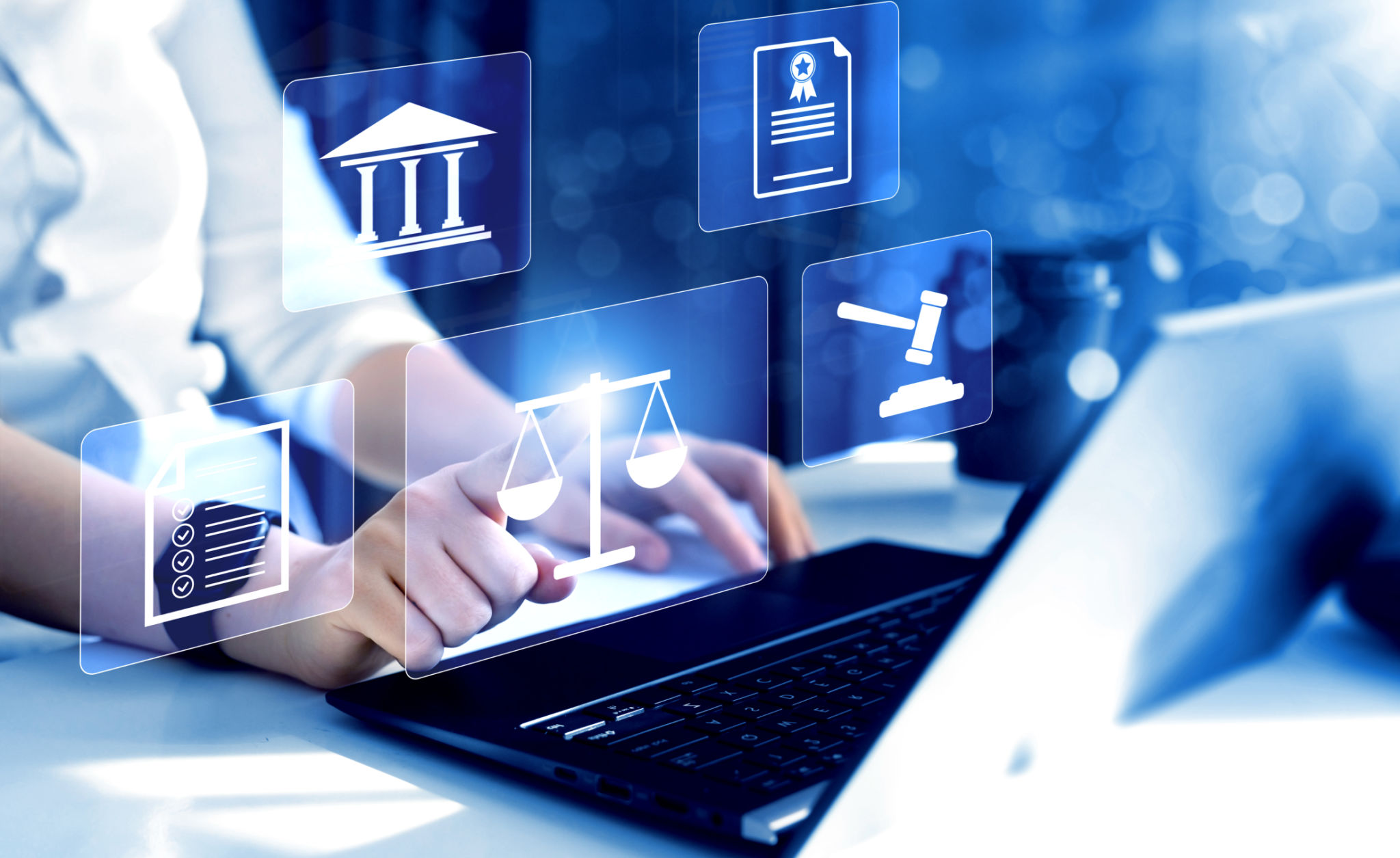Emerging Trends in Legal Knowledge Management: What You Need to Know
The Evolution of Legal Knowledge Management
In the rapidly changing landscape of the legal industry, knowledge management (KM) is becoming increasingly crucial for law firms and legal departments. As the volume of information continues to grow exponentially, the ability to efficiently manage and leverage this knowledge is essential for maintaining competitiveness. Emerging trends in legal KM are reshaping how legal professionals access, share, and utilize information.

Artificial Intelligence and Machine Learning
One of the most significant trends in legal KM is the integration of artificial intelligence (AI) and machine learning. These technologies are revolutionizing how information is processed, enabling faster and more accurate retrieval of relevant data. AI-powered tools can analyze vast amounts of legal documents, identify patterns, and provide insights that were previously unattainable. This not only enhances efficiency but also supports strategic decision-making.
Moreover, AI-driven applications are facilitating predictive analytics, allowing legal professionals to anticipate outcomes based on historical data. This proactive approach helps in devising more effective strategies and improving client outcomes. The use of AI in KM is not just about automating tasks but also about augmenting human capabilities.

Collaboration and Knowledge Sharing
As remote work becomes more prevalent, fostering collaboration among legal teams is paramount. Cloud-based platforms and collaboration tools are emerging as vital components of legal KM systems. These platforms enable seamless communication and knowledge sharing across geographically dispersed teams, breaking down silos and promoting a culture of transparency.
Additionally, social intranets and collaborative workspaces are gaining popularity as they provide a centralized hub for knowledge exchange. These tools empower legal professionals to share insights, discuss cases, and co-author documents in real-time, enhancing productivity and innovation. By leveraging technology to build a more connected workforce, law firms can harness the collective expertise of their teams.

Data Security and Privacy
With the increasing reliance on digital tools and platforms, ensuring data security and privacy has become a top priority in legal KM. Legal professionals must navigate complex regulations and safeguard sensitive client information against cyber threats. Implementing robust security measures is crucial to maintaining trust and compliance.
Firms are adopting advanced encryption technologies and secure access protocols to protect their knowledge assets. Additionally, regular training and awareness programs are essential to keep staff informed about best practices in data protection. By prioritizing security, legal organizations can mitigate risks and uphold their reputation.
The Future of Legal Knowledge Management
The future of legal KM lies in continuous innovation and adaptation. As new technologies emerge, law firms must remain agile and open to change. Embracing a culture of lifelong learning and staying informed about industry advancements will be key to thriving in this dynamic environment.
By harnessing the power of emerging trends such as AI, collaboration tools, and enhanced security measures, legal professionals can transform their knowledge management practices. This not only streamlines operations but also delivers greater value to clients, positioning firms for success in an increasingly competitive market.
